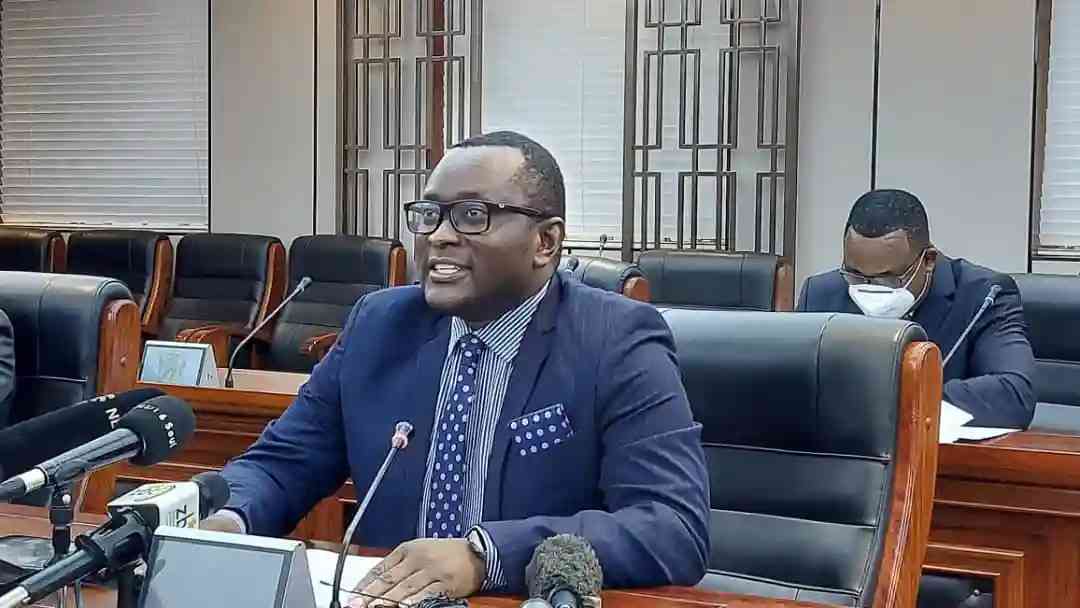
A RESTRUCTURING exercise is imminent at struggling Zesa Holdings as the government moves to reverse the prevailing crippling power shortages bedevilling the country.
Government is also expected to introduce measures such as decommissioning and repurposing small thermal power stations, containing technical and non-technical losses and implement various power-saving initiatives in efforts to address the power crisis.
Zesa recently announced rolling power loadshedding lasting between six to 16 hours to manage domestic demand, with peak shortfall exceeding 400 megawatts (MW) owing to technical faults at the Hwange Power Station and scheduled maintenance on one of the units.
Last month, the Zimbabwe Energy Regulatory Authority announced new tariff adjustments to help the power utility solve outstanding maintenance work on its transmission and distribution network which is currently plagued by endless faults.
Despite the terrific adjustment weighted average of US$0,1328/kWh for all customers, the electricity situation remains unchanged.
Speaking during the post-cabinet briefing in Harare yesterday, Information, Publicity and broadcasting Services minister Jenfan Muswere said Zimbabwe was importing power in the range of 200-500MW to cover the deficit.
“In the medium to long term, the government will embrace private sector-led coal mining initiatives and new technologies such as green hydrogen, floating solar panels; battery energy storage systems and funding some of the renewable energy projects dotted around the country in order to increase domestic generation of electricity,” Muswere said.
On the ongoing fertiliser crisis, Muswere said government is allowing farmers to import the commodity to give government some breathing space to work out a long-term solution to solve the crisis.
- Low tariffs weigh down ZETDC
- ‘Systems disturbance hits Hwange Power Station’
- Zesa doubles power charges
- Kariba, Hwange power plants obsolete: Govt
Keep Reading
“The local fertiliser industry is having challenges and the supply gap is being covered largely by imports," said Muswere.
"The current fertiliser stocks held by the Zimbabwe Fertiliser Manufacturers Association and those under the Collateral Management Agreement have indicated that they have challenges meeting the surging demand ahead of the imminent summer season.
“Government has approved that farmers import fertilisers directly from suppliers outside the country to augment local supplies while the government develops a long-term solution to the fertilizer challenges.”
Speaking on the current cement shortages, Muswere also announced government approval for imports of the commodity which is in short supply leading to sharp price increases.
“The nation is advised that following reports of artificial cement shortage in the market and the spiralling prices, the Cabinet has approved the importation of cement by individuals and companies with free funds,” he said.
Meanwhile, Muswere said the government had approved a budget of US$12 million for cholera preparedness and response as Zimbabwe continues to battle an outbreak of the vibrio cholerae bacteria.
Zimbabwe has recorded more than 5 000 cases and 120 suspected cholera deaths.
“Screening of all travellers and awareness campaigns are ongoing at all points of entry, while health education on cholera prevention and control measures including hygiene promotion is being carried out in the provinces,” he said.
Government has also directed that “intensified Risk Communication and Community engagement including involvement of religious and local leadership, intensified school health education on cholera and other diarrheal diseases and utilisation of existing media houses and digital platforms for content dissemination be continued in all provinces, especially Chitungwiza and Buhera”.
Muswere also added that government had ordered that public health measures be enforced in all communities reporting cholera cases, including restrictions on gatherings in all cholera-affected areas and supervision of all burials in all cholera-affected areas.










